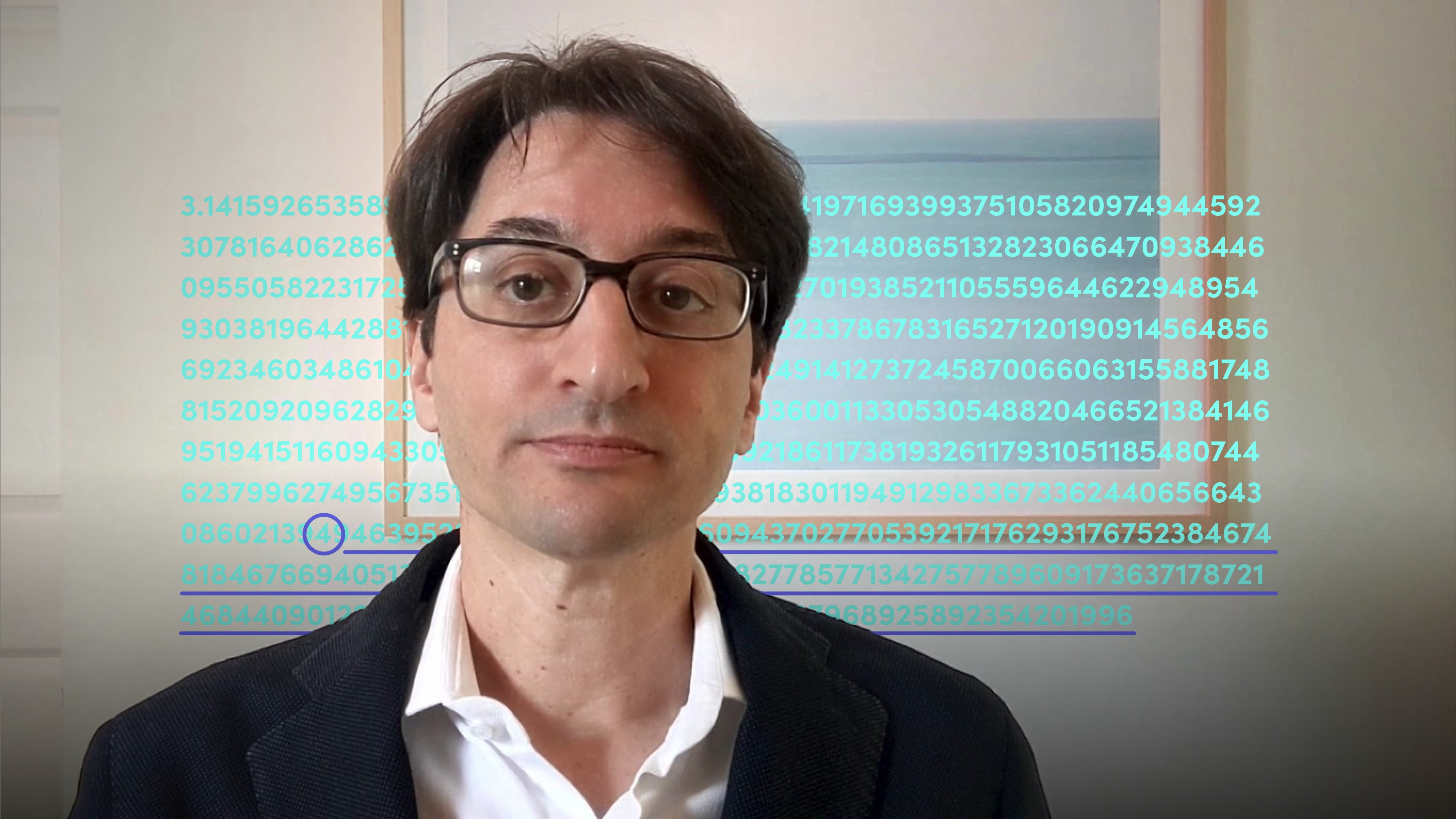
When Technology Results in Unintended Consequences

Paul Orlando
25 years: Systems specialist
In the final video of this series, Paul mentions some more causes of unintended consequences and also gives examples of some large tech companies, which are great examples of things growing quickly. He finally finishes by talking about the importance of unintended consequences.
In the final video of this series, Paul mentions some more causes of unintended consequences and also gives examples of some large tech companies, which are great examples of things growing quickly. He finally finishes by talking about the importance of unintended consequences.

When Technology Results in Unintended Consequences
13 mins 51 secs
Key learning objectives:
Understand the causes of unintended consequences
Understand why the topic of unintended consequences is important
Overview:
Because of our more connected world and the ability to scale quickly, there should be greater attention to systems and awareness of potential unintended consequences. This is not an argument to just keep things the way they are. Instead, this is an argument for understanding how the world is different and where we might be exposed to risk.
What are some causes of unintended consequences that Paul mentioned?
- Scaling
- Incentives
- Interconnections
- Emergence
Why is the topic unintended consequences important?
In recent years, the world has seemed less full of the tragedies of history. Fewer people die from crime, accidents, poor healthcare, or, uh, pandemics in many parts of the world. Some thinkers associate disagreeing with the idea that the world is safer today with a cognitive problem. But some of that approach is based on a lack of appreciation for our systems. The arguments for autonomous vehicles (or AVs) are that they will reduce the number of traffic accidents and deaths because they will be better drivers than humans.
If you wanted many more human drivers to have accidents, how would you do it? Well, it would be pretty difficult. But even if future AVs do radically improve traffic safety, where could that potentially safer system break down? What about software bugs that take out a fleet of cars? Or intentional hacks that do the same?

Paul Orlando
There are no available Videos from "Paul Orlando"

